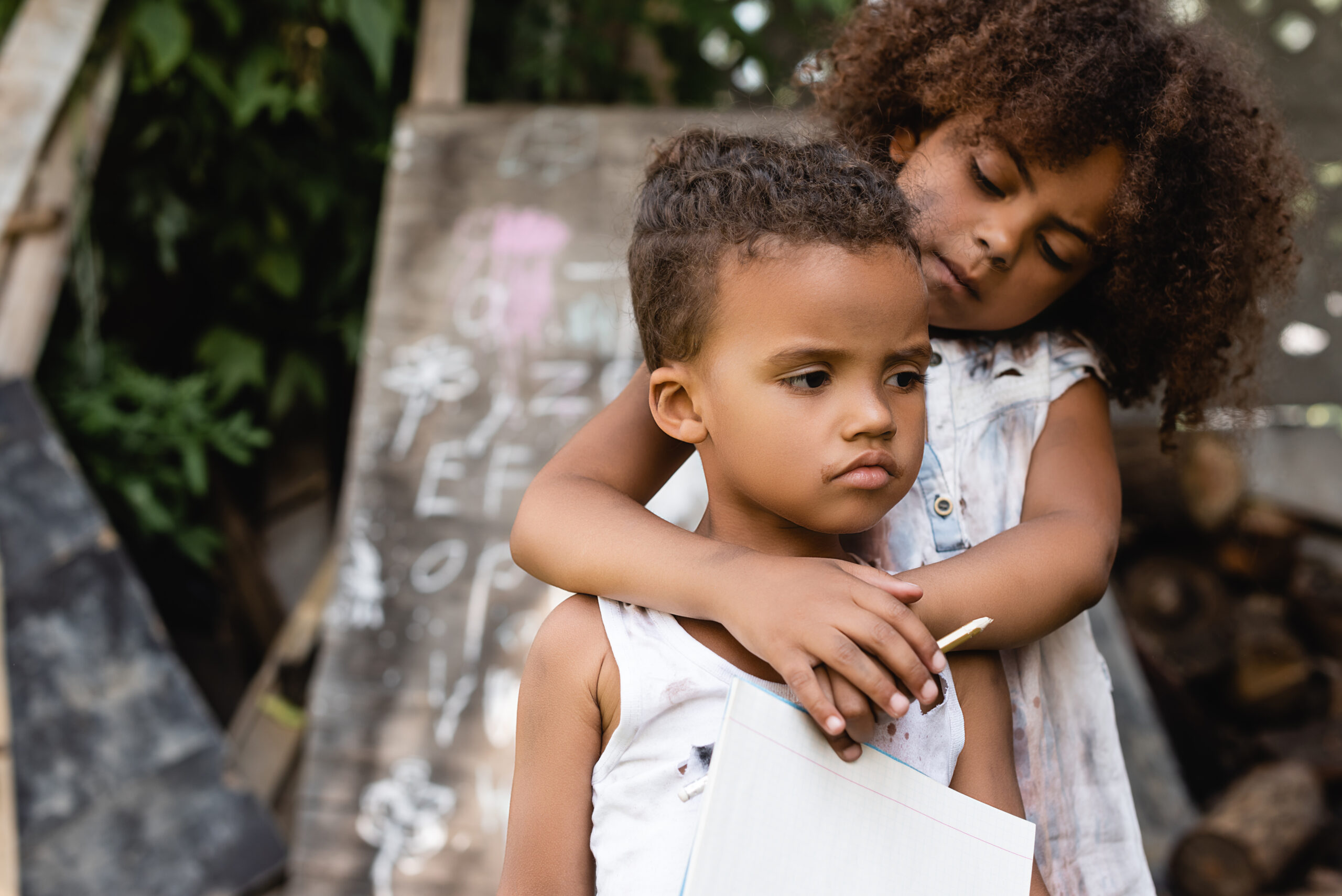
Urgent call for Puerto Rico’s children and youth
In Puerto Rico, five out of ten children face adverse economic conditions that negatively affect their development and well-being. Addressing this reality requires implementing effective public policies to ensure the welfare of children and youth and, with it, the future of our country. These policies must be supported by scientific evidence that validates their effectiveness.
For example, research conducted by experts from Harvard and Washington universities explains how poverty, along with public policies designed to address it, has a direct impact on brain development and the mental health of children and adolescents. The study found that the brain areas responsible for memory and stress management show less development in children growing up in low-income households. This can result from circumstances that foster food insecurity and household instability.
The research also highlights that states that implemented more favorable policies regarding the Earned Income Tax Credit, Temporary Assistance for Needy Families (TANF), and Medicaid managed to reduce developmental differences in brain structure by 34% between children from low-income families and those from higher-income families.
In the realm of mental health, the study also emphasizes that children living in poverty are more likely to develop anxiety or depression compared to those in better socioeconomic conditions. This is attributed to a lack of access to basic resources and the high cost of living. However, in states with more inclusive public policies, symptoms of anxiety and depression among children from different income levels were reduced by 48%.
These findings underscore how economic and medical assistance policies can significantly transform the physical and mental health of the most vulnerable populations. In Puerto Rico, the alarming reality of having over half of the child population living in poverty must be addressed through public policies based on scientific evidence. Available data indicates that investing in programs targeting children and youth not only improves their quality of life but also represents significant long-term savings for the government. These investments include initiatives such as access to mental health treatments and reducing educational barriers, particularly during adolescence and early adulthood.
The goal is to prevent a “domino effect” that could lead to other social, educational, and professional issues while fostering comprehensive development that benefits both children and society. In a country facing fiscal challenges and a new governmental landscape, it is crucial to prioritize science-backed public policies, such as strengthening the Earned Income Tax Credit and expanding the Children’s Health Insurance Program (CHIP), to make a promising future for our youth possible. In doing so, we can help build a Puerto Rico that is fairer, more equitable, and filled with greater opportunities.
Opinion column originally published by El Nuevo Día.
Related Posts
Culture of support needed for social workers
The discussion around how to break stigmas and support the well-being of an...
Mental health professionals urge a comprehensive look at the needs of children and youth in Puerto Rico
(Mayagüez, PR) - Adopting a broad human rights perspective on the development...
Dialogue to create joint efforts against juvenile delinquency
The “Puerto Rico Minors Act” (Act 88-1986) was recently reformed. In this...
Functional family therapy for young people in legal trouble
We live in a historic moment for our children and youth, with public policies to...




